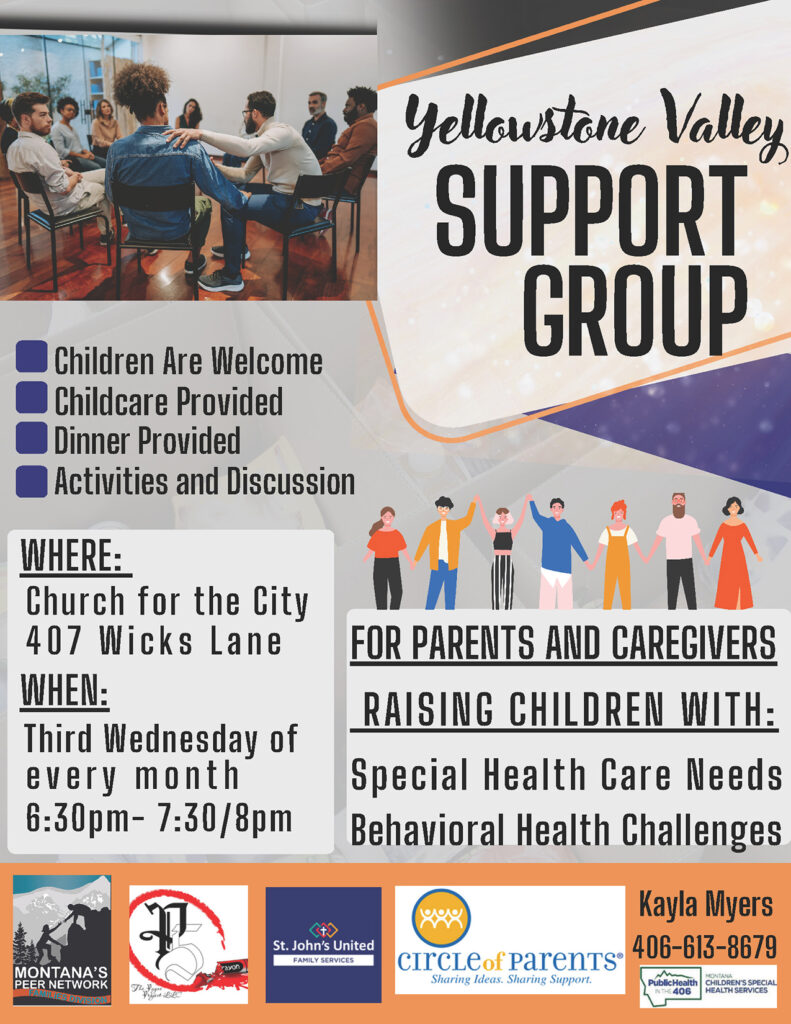Welcome! You are not Alone!
We are family members, or caregivers with children with special health care needs. It is our lived experience as a family member that set us apart. We promote recovery and wellness in our loved ones and ourselves through the concepts of hope, self-advocacy, education, peer support, personal responsibility and resiliency. We believe that these concepts are universal regardless of what recovery program you may chose. We are a member based organization with a board of directors and staff. Our main office is located in Ennis, Montana, our staff and board of directors are located across Montana.
What is a Family Peer Supporter?
A Family Peer Supporter is a parent or caregiver with lived experience raising a child with a behavioral health challenge and/or special healthcare need along with training who provides support to another parent or caregiver who is currently raising a child with a behavioral health challenge and/or special healthcare need. The Family Peer Supporter works directly with the parent or caregiver, not the child, providing emotional support, resources, and connection to community.
What does a Family Peer Supporter do?
- engages in empathetic listening and promotes positive feelings towards utilizing services
- provides flexible, community-based peer support services designed to promote wellness, empowerment, and resiliency
- provides insight and hope
- validates and normalizes feelings of fear and confusion through a shared lived experience
- connects families with community resources and follows up to provide continued support
- helps parents develop natural supports and positive approaches for addressing their family’s day to day needs
- encourages parents to adopt and prioritize self care strategies for themselves
Types of Support
Emotional Support– provides connection from people who have “been there.”
Informational Support- includes providing connections to resources, making referrals, and giving information about the children’s health system.
Educational Support- focuses on helping you understand your child's needs, increasing your knowledge and skills, and guiding you in accessing your natural supports.
Concrete Support- includes things such as helping arrange childcare and transportation, finding support groups, and assistance in developing recovery plans.
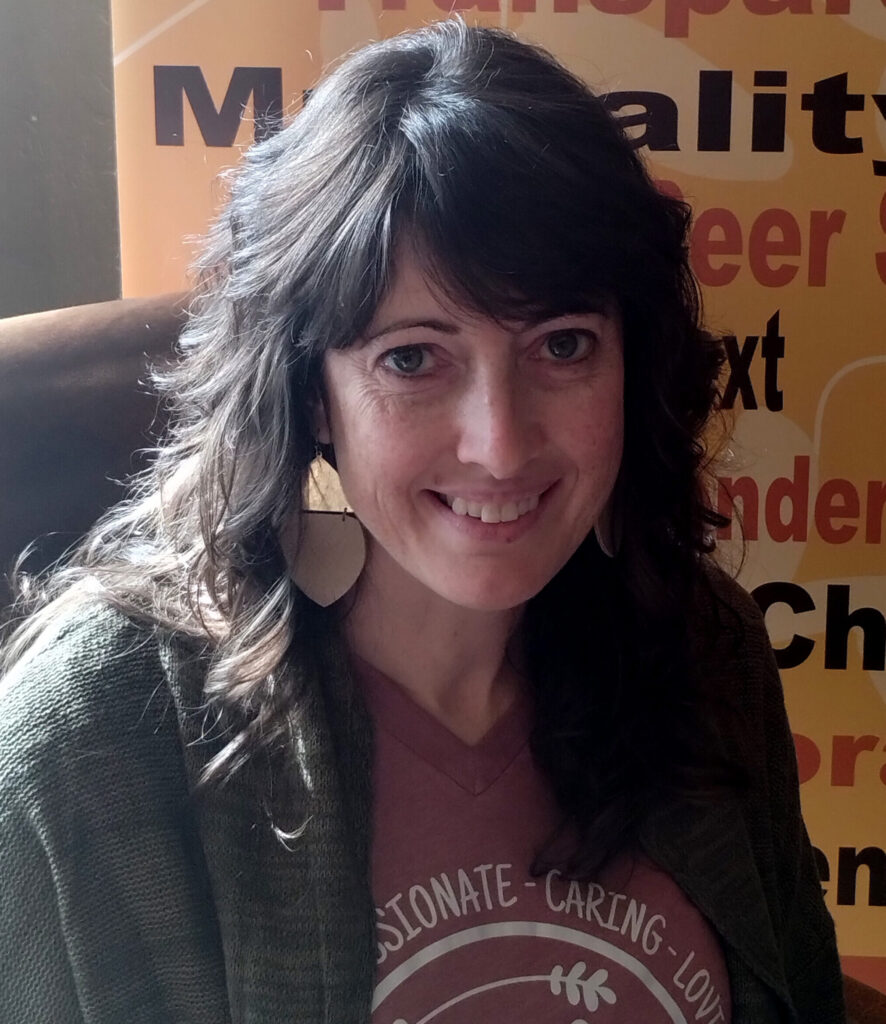
Beth Ayers
Family Peer Support Lead
Children's Clinic
Billings
406.451.3087
Email Beth
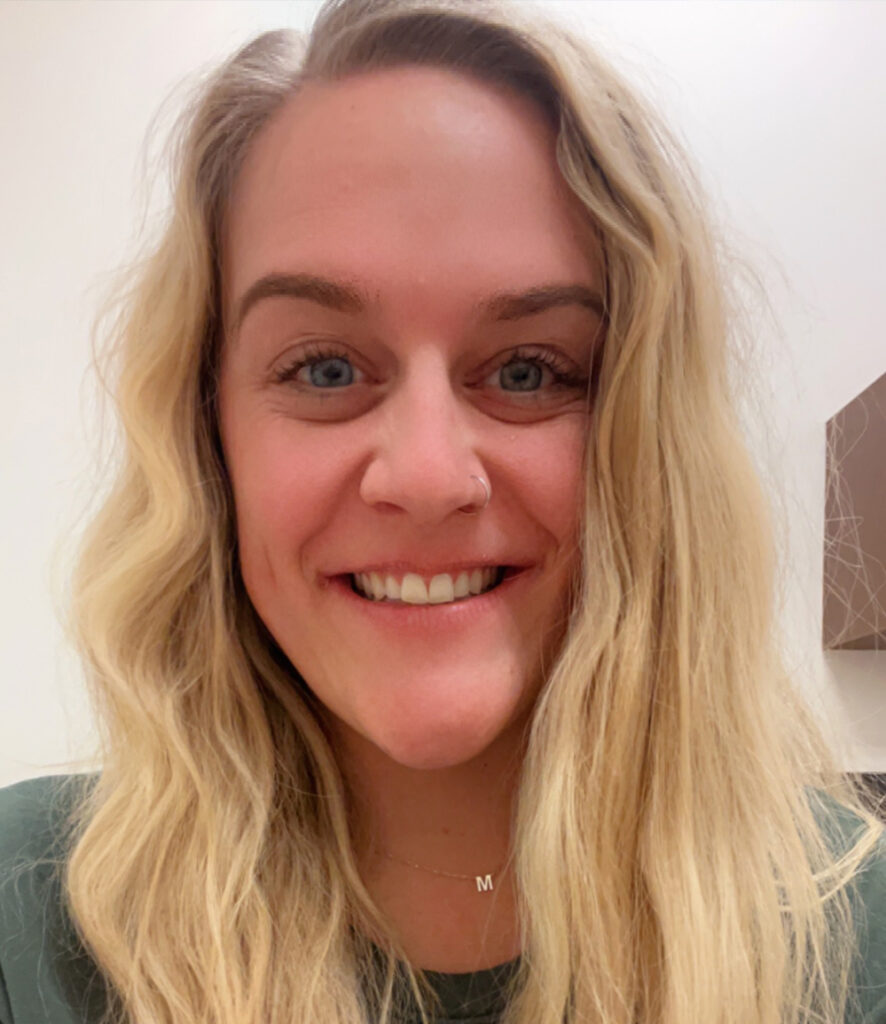
Kayla Myers
Family Peer Supporter
Children's Clinic
Billings
406.613.8679
Email Kayla
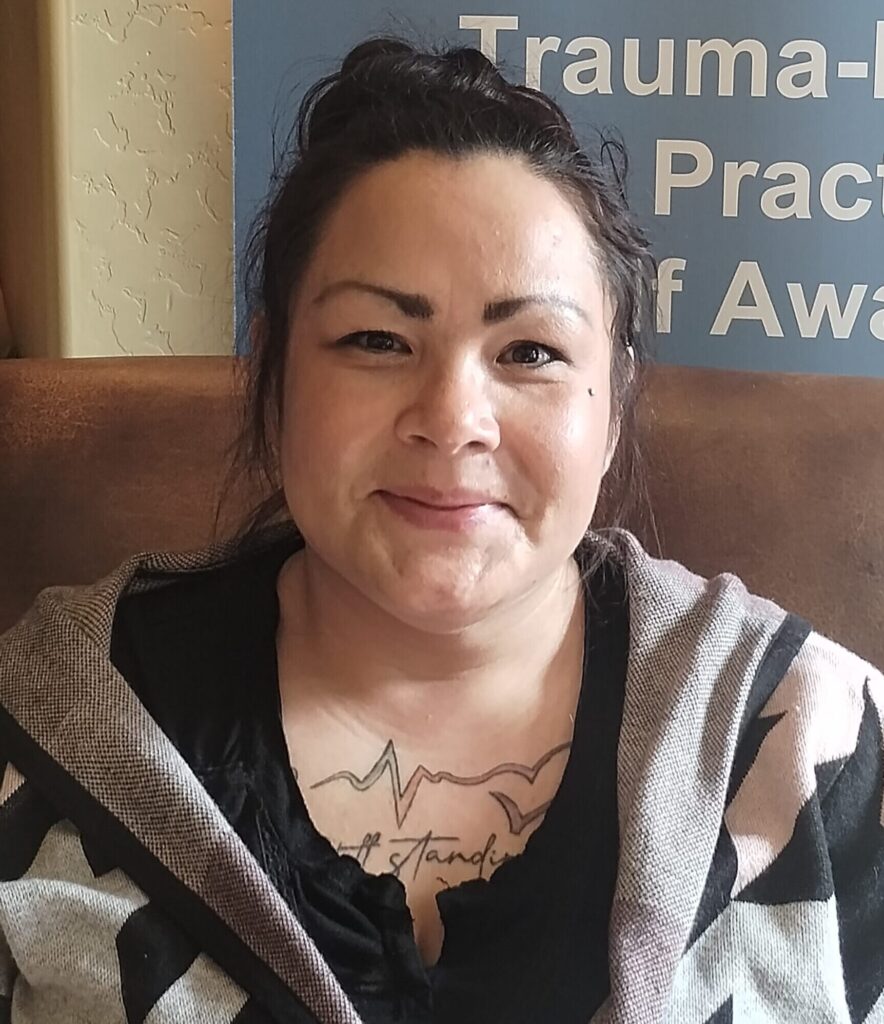
Lea Wetzel
Family Peer Supporter
Benefis
Great Falls
406.224.3826
Email Lea
MPN Circle of Parents
Support Group
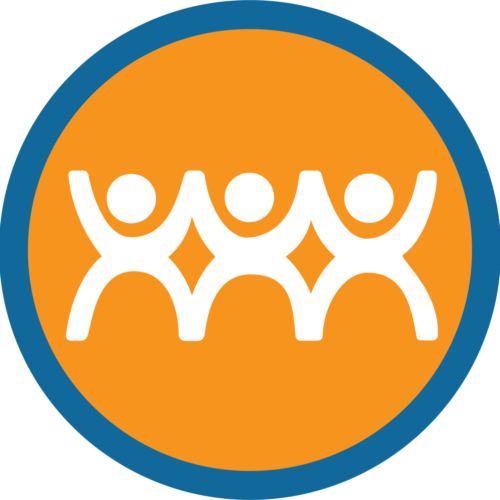
Other Montana Circle of Parents Support Groups
Yellowstone Valley Support Group
Third Wednesday of each month at 6:30pm
Church for the City
407 Wicks Lane, Billings
For parents and caregivers raising children with special health care needs and behavioral health challenges.
- Children are welcome
- Child care provided
- Dinner Provided
- Activities and Discussion
For more information, please contact Kayla (406-613-8679).
Benchmark Human Services
Children with special healthcare needs
Hill County, Havre
Amanda Christofferson
406-399-3309
Mineral County Health Dept
Postpartum Mental Health
Mineral, Superior
Jess Schaak
Cell: 406-499-1249
Office: 406-822-3564
Missoula Public School District
Children with special healthcare needs
Missoula County, Missoula
JJ Blood (James)
406-830-8311
Big Horn County Austism Support & Acceptance
Children with special healthcare needs
Big Horn County, Crow Indian Reservation
Luella Brien
Butte 4 C's
Children with special healthcare needs
Silver Bow, Butte
Travis Jackson
406-498-3125
Benchmark Human Services-Peace Place
Children with special healthcare needs
Cascade County, Great Falls
Amy Clure
406-781-9242
Alliance for Youth
Foster families & Parents in recovery
Cascade County, Great Falls
Isis Olsen
Early Childhood Coalition of Beaverhead County
Postpartum Mental Health
Beaverhead County, Dillon
Amber Lacey
720-352-9855
Task Force
The Family Peer Support Task Force and Steering Committee wrapped up with a final in-person meeting in September 2023 in Helena. The FPS Task Force met all goals and created for the profession of Family Peer Support in MT: Scope of Practice, Code of Ethics, Core Competencies, Training Standards, and Certification Requirements. A Family Peer Support Toolkit containing this work is in development. We are proud of the accomplishments and thankful to the members who dedicated their time.
But the work continues! MPN’s Family Action Committee is currently working towards certification and funding for Family Peer Support. If you are interested in being part of this important work for families, apply here.
Family Forum Blog
A Personal Gratitude Challenge
As I typically do when writing on a topic, I looked for definitions and synonyms to make sure that my readers and I are on the same page. Gratitude is “the quality of being thankful; readiness to show appreciation for and to return kindness”. I like those words: thankful, appreciation, kindness. I think it is easy to say thank you, but more powerful to show appreciation and kindness. It is similar to how saying sorry is just a word, but an apology says why and how you will make it better. It carries more weight.
Sensoring Processing Disorder
by Kayla Myers, Family Peer SupporterOctober 31, 2023Sensory Processing Disorder was something I was very naive to before having a child diagnosed with Autism. There are 1 in 20 people affected by this every day. Someone living with SPD might be obvious to spot (like my son), while others, you might never know unless you…
Sensory Processing Disorders
Sensory Processing Disorders (SPD) are a complex and often misunderstood set of conditions that affect how individuals perceive and respond to sensory stimuli from their environment. These disorders can have a profound impact on a person’s daily life, from their ability to interact with others to their emotional well-being. While much progress has been made in understanding SPD in recent years, there is still much to learn about its causes, symptoms, and treatment options.
CHOOO-CHOOO, ADHD Mama Coming Through
As a Mama of two boys and a bonus girl, I wanted to write a letter to them and express myself in a way I haven’t before. Having a late diagnosis of ADHD has truly changed my life for the better. Now that I know more about the ways it affects my day to day, how it impacts those around me, and although I have implemented tools to help with the things that are easy for everyone else but seem foreign to me, I always want to be better, for me, but mostly them.
It’s All Relative: A Family Story of Depression
As a child, I viewed my mother’s depression in very simplistic terms. She was moody, unreasonable, inconsistent and easily irritated. As I look back and “psychoanalyze”, I look at her depression as more of an empty hole. My mother did an amazing job at giving us great life experiences and adventures and a happy life. We went on vacations almost yearly. As a single mom, she couldn’t afford big trips by plane, so it was car trips. We went to Wisconsin to visit family, California to go to Disneyland, Calgary and Edmonton and the Black Hills for an annual reunion with the Wisconsin family. Home was filled with laughter during game nights and movie nights. In addition to giving us these experiences, I wonder if these things filled the hole, so that she wasn’t left feeling empty.
Are You a Parent at Increased Risk for Depression?
I am a mom of two, now adult, children with behavioral health challenges and I work as a Family Peer Supporter helping other parents currently raising children with special healthcare needs including behavioral health. As a Family Peer Supporter, I get to walk beside families and help lift their burden by listening and connecting through a shared lived experience. Parenting is stressful in and of itself. It’s a full-time job with no training manual. Parents don’t clock in and clock out. They don’t get to call in sick. And a literal life depends on how well you do! Like most moms, I envisioned the future for my children including friends, activities, school, summer camp, growing up, high school dances, graduation, college, marriage, children of their own, and so on.
The Greatest Mistake
I am going to try something new with this month’s theme: recovery. Honesty is admirable, the more I dive into the depths of my mental health recovery journey, I know honesty will be the key that I didn’t have in my pocket the first time around. I had some old triggers resurface for me and new obstacles present themselves the last couple weeks. Here are my take aways……
Proud Momma
I am so grateful to be a mother. The ten years it took to become pregnant did not prepare me for the journey of motherhood. Just because having a baby is biological does not mean it is natural. Having my daughter activated a wound in me that had been dormant for many years; I would not fully understand this rugged process until much later. The medical community calls this phenomenon postpartum depression. I was attempting to maintain a belief that having a baby would fix me; it did, but not in the way I expected.
Growth and Grace in Parenting
The day I became a mom to my son was the greatest day of my life. While I was pregnant and in those first months of being his mom, I don’t ever remember doubting my abilities. I knew I would try every day to be the mom my kids needed. It is interesting now looking back, I can point out where I let all my doubts, fears, and unhealed trauma, creep in and steal the precious moments I had with my boys.
Parenting in Stages
For this month’s topic, “Parenting in Recovery”, I once again had to turn to my internet friend, Google. There are many kinds of recovery. Recovery from substance abuse or other addictions. Recovery from acute mental health events. Recovery from physical injuries. What does recovery mean for me? Google defines recovery as “a return to a normal state of health, mind, or strength” and “the action or process of regaining possession or control of something stolen or lost.” That last word, lost, is what I connected with. For many parents of children with special health care needs or behavioral health challenges, the expectation of what we envisioned for our lives and for our children is gone or changed, in a sense – lost.


